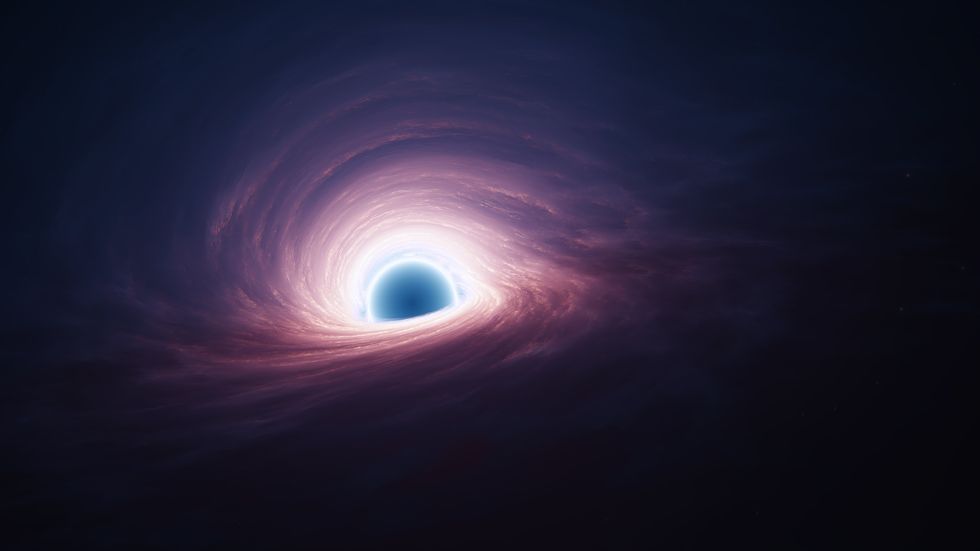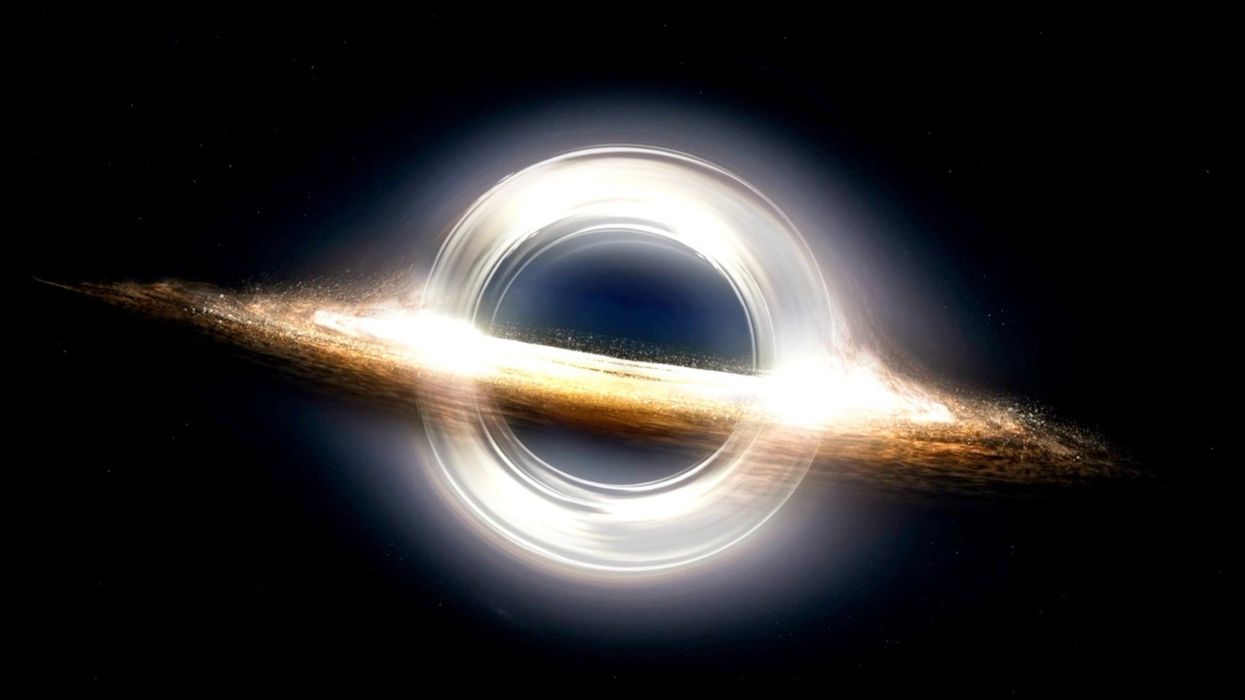Science & Tech
Jake Brigstock
Sep 18, 2024
Just How Many Black Holes Are There in the Universe?
ZMG - Amaze Lab / VideoElephant
Astronomers using the James Webb Space Telescope (JWST) have spotted a huge black hole that is "starving" its host galaxy to death.
GS-10578, more colloquially known as 'Pablo's Galaxy', is a large galaxy nearly 12 billion light-years away and has been known to be unusually 'dead' by astronomers for a while, meaning it stopped forming new stars, reports Live Science.
Astronomers using older telescopes were not sure why this was the case but now using JWST, they have found out.
A supermassive black hole 200 billion times the mass of the sun is suffocating the galaxy by ejecting gas from it before it has time to make any new stars.
Francesco D'Eugeniom, study co-lead author and astrophysicist at the University of Cambridge, said in a statement: "We found the culprit.
"The black hole is killing this galaxy and keeping it dormant by cutting off the source of 'food' the galaxy needs to form new stars."

To find out what was happening with 'Pablo's Galaxy', researchers pointed JSWT at it and found there was a colder, denser and nonluminous stream of gas blocking the light from a galaxy behind it.
This gas mass is greater than the mass needed for stars to form.
The findings confirm black holes can suffocate their own galaxies.
Roberto Maiolino, study co-author and professor of experimental astrophysics at Cambridge, said: "We knew that black holes have a massive impact on galaxies and perhaps it's common that they stop star formation, but until Webb, we weren't able to directly confirm this."
The researchers published their findings in the Nature Astronomy journal.
How to join the indy100's free WhatsApp channel
Sign up to our free indy100 weekly newsletter
Have your say in our news democracy. Click the upvote icon at the top of the page to help raise this article through the indy100 rankings.
Top 100
The Conversation (0)














